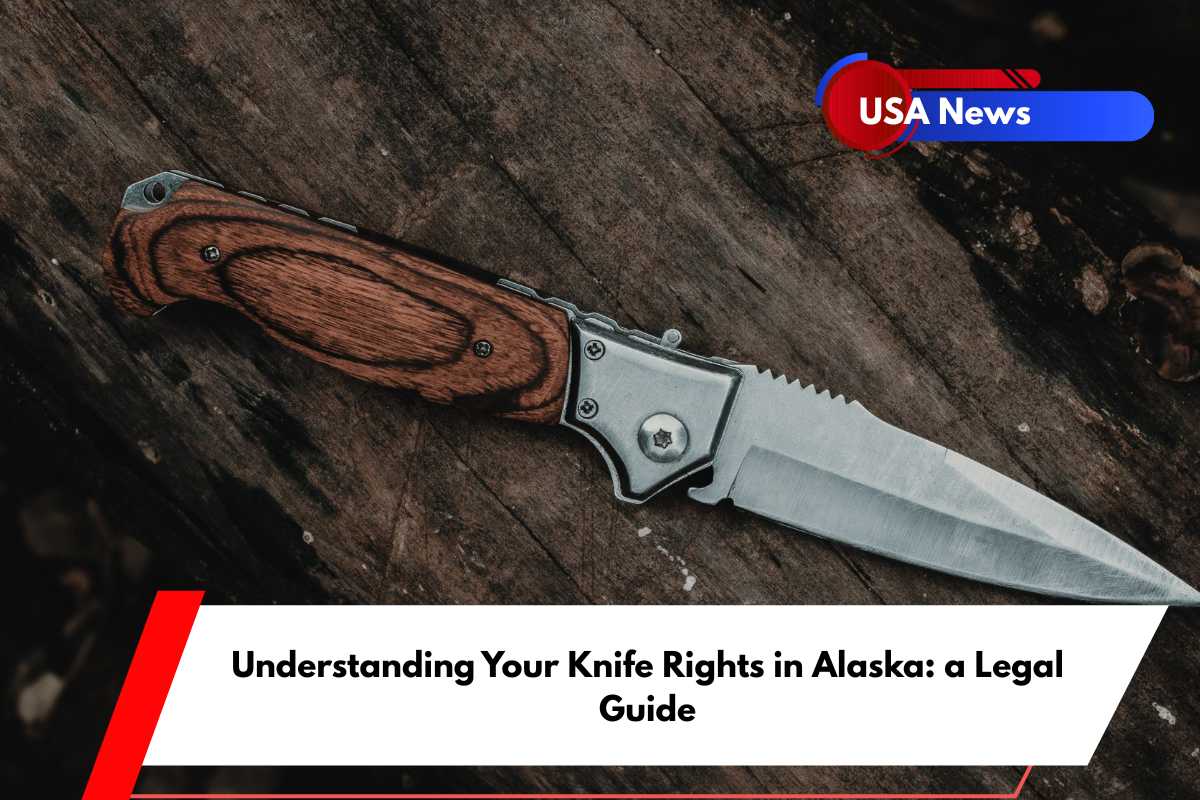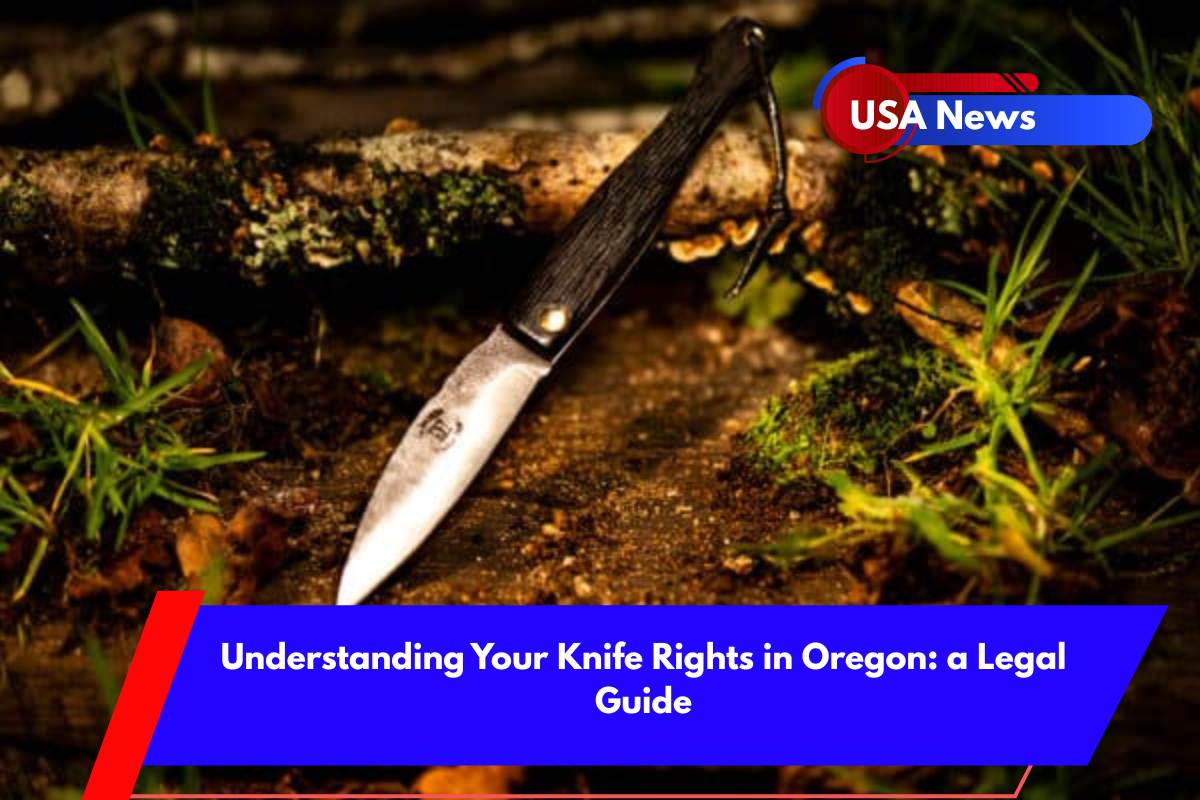Alaska is known for its relaxed knife laws, which align with the state’s outdoor culture and practical needs. Residents and visitors should understand the specific rules and restrictions to avoid legal issues, as there are important distinctions based on the type of knife and where it is carried.
Key Rights and Restrictions
1. Knife Ownership
No statewide bans: Alaska allows the ownership of all types of knives, including switchblades, gravity knives, folding knives, and fixed blades.
Intent matters: If a knife is used in the commission of a crime, penalties may be enhanced.
2. Open Carry
Permitted for all knives: You can openly carry any type of knife in Alaska with no restrictions on blade length.
No age restrictions: There are no specific age limits for carrying knives openly, although some exceptions apply in certain locations.
3. Concealed Carry
21 and older: People aged 21 and older can carry knives concealed, even those with blades longer than 3 inches.
Under 21: Individuals under 21 are prohibited from carrying concealed deadly weapons, including gravity or switchblade knives. However, ordinary pocket knives are not subject to this restriction.
Duty to disclose: If contacted by law enforcement or entering someone else’s residence, you must inform them if you’re carrying a concealed weapon (except for ordinary pocket knives).
Intent to harm: Carrying a knife concealed with the intent to harm is illegal, no matter the age or type of knife.
4. Restricted Locations
Schools: Knives are generally prohibited on school grounds (from pre-school to secondary school) without written permission from the school district’s chief administrator.
Government buildings and public spaces: There are restrictions on carrying knives in government buildings, airports, and on public transportation, so it’s important to check local rules before entering these areas.
Wilderness areas: No restrictions on carrying knives for lawful outdoor activities like hunting, fishing, or camping.
5. Statewide Preemption
State law overrides local ordinances: In Alaska, state law takes precedence over local laws, meaning local governments cannot pass their own knife regulations. This ensures uniformity across the state.
Sources:
1. https://www.akti.org/state-knife-laws/alaska/
2. https://nobliecustomknives.com/us-knife-laws/alaska-knife-laws/
3. https://edc.ninja/alaska-knife-laws/













